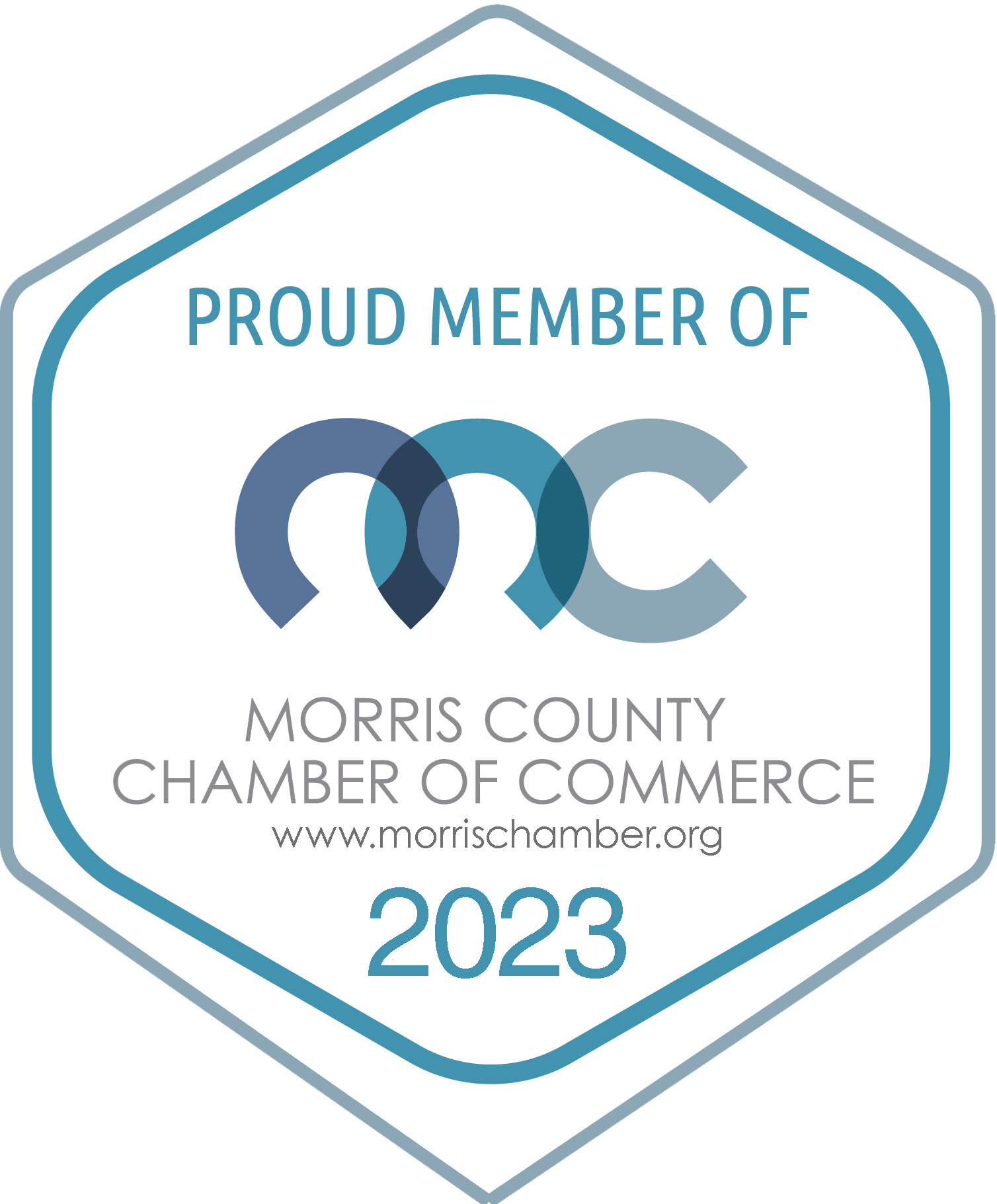 Yes, I admit to being a member of AARP. And as a member of their organization, I try to keep involved with the issues that affect us “mature workers”. Volunteer work, tech classes, social security updates, employment decisions, healthcare changes, financial strategies, etc. are important to me now and will be even more important to me in the future.
Yes, I admit to being a member of AARP. And as a member of their organization, I try to keep involved with the issues that affect us “mature workers”. Volunteer work, tech classes, social security updates, employment decisions, healthcare changes, financial strategies, etc. are important to me now and will be even more important to me in the future.
A few weeks ago, I attended a presentation on “Job Searching in the Digital Age”. Since several of my clients use digital, I was curious to see what AARP had to say about job sites such as Facebook, LinkedIn, Glassdoor, etc., as well as putting your resume out there, interviewing skills, follow-up, etc. Was the mature audience still working? Were they still being recruited?
Skills
I’ve been very fortunate in my career to keep up-to-date on digital changes and was happy to see that many of the attendees were also. As the majority of the presentation was done on an IPad mini, most individuals understood the use of it … the same with a provided stylus. Everyone owned and used laptops or PCs, and all, of course, had smart phones. Screen swipes, search engines, tapping, keywords, etc. were known by all. Computer skills were excellent, including Excel, PowerPoint, Word, Outlook, etc. There may be legitimate concerns about older workers when it comes to technology, but those skills are being used by us older workers in today’s workplace.
Experience
Customer service is one area in which mature workers tend to shine. You can count on them … you can find a maturity in decision-making you don’t generally find with younger people. In 2014, SHRM asked HR professionals what they considered the top advantages of older workers. Experience was No. 1, followed closely by maturity/professionalism and a stronger work ethic. Mature workers also play a vital role in providing skills to younger people … people with experience can share what has been tried in the past and hot it can be improved.
Loyalty
Workers older than age 50 may be more loyal. Younger workers may feel conflicted about how to split their time between work and family. For example, their commitment to finish a big project may be at odds with their commitment to take the kids to sports practice in the evening. By age 50, many workers no longer have to worry about those divided loyalties. Children are grown, or at least older, which means less time and energy needs to be devoted to home life. You may have more of a work focus when you’re not worried about the kids.
A few points of this blog have been sent to me by colleagues and/or re-emphasized from other sources. But what I’ve found is that all of us — young or old — need to keep the mind challenged and skills updated, especially in today’s changing world. And the older generation has years of experience and life lessons to be a valuable part of today’s workforce. So, let’s keep recruiting these “oldies but goodies” for today’s workforce … you’ll be glad you did!






Add a Comment
You must be logged in to post a comment